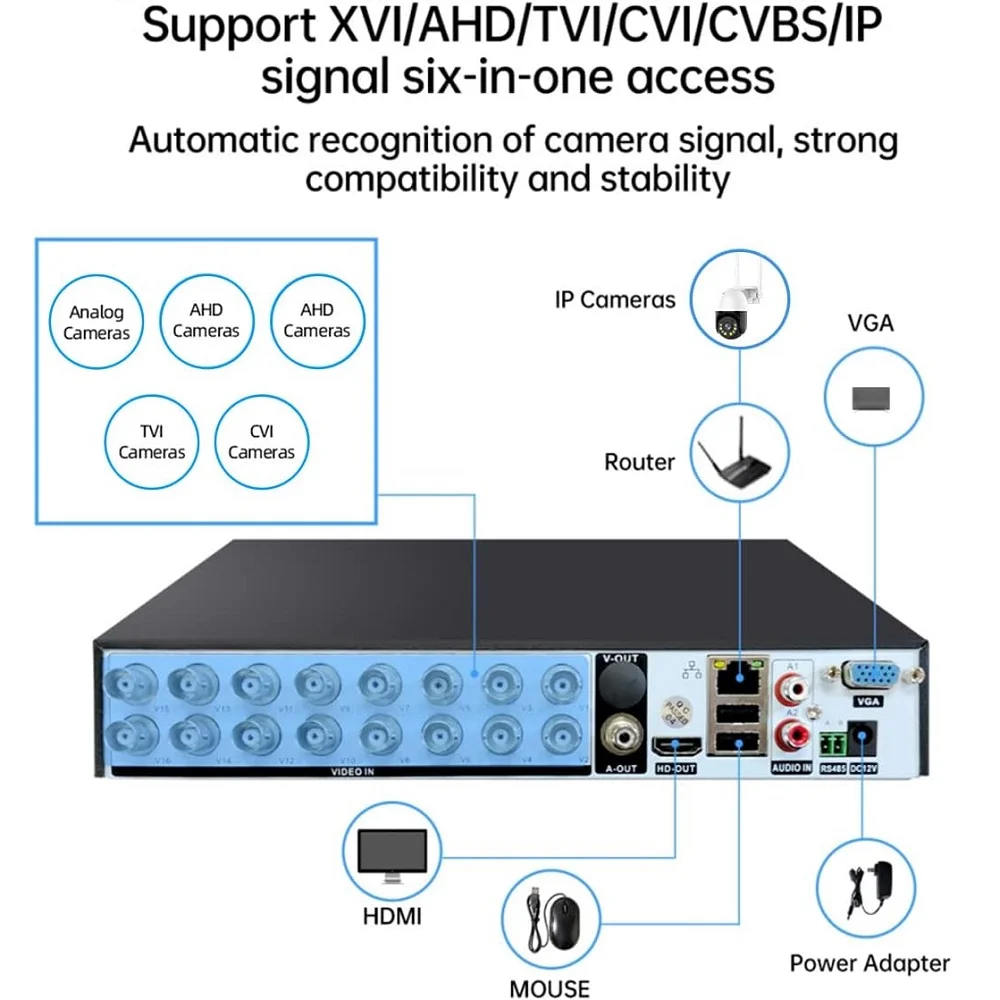Graduating from high school is a significant milestone that marks the transition to adulthood. For many, it presents an array of paths and opportunities, and navigating through them can be both exhilarating and intimidating. The key lies in making informed choices and understanding the impact of each decision on your future. Below, we provide insights and guidance to help you manoeuvre through the critical decisions that shape your journey into adulthood. Keep reading for a comprehensive outlook on establishing a solid foundation for a fulfilling and successful life post-high school.
Navigating the Crossroads of Life After High School
High school graduation marks the beginning of a crucial phase where each decision can shape your future significantly. It’s essential to reflect on your interests, strengths, and long-term goals before choosing between further education or entering the workforce. Seeking advice from mentors, counselors, and family members can offer valuable insights, while attending career fairs, college open days, and workshops can help you understand the available options.
Amid societal pressures and expectations, it’s important to make decisions aligned with your personal goals. Remember, each path has unique challenges and rewards, and what works for one person may not suit another. Take your time to research and understand the implications of each option, embracing the process of discovery without rushing. The foundation you build now will shape your future.
Exploring Higher Education versus Jumping into the Workforce
Choosing between higher education and immediate entry into the workforce after high school is a common dilemma for graduates. While a degree offers potential for higher earnings and career advancement, it comes with significant financial and time commitments. Conversely, entering the workforce provides immediate earnings and practical experience but may require starting from entry-level positions. Some find a middle ground by pursuing an online degree in Professional Studies while working, offering flexibility and real-world application of learning.
With the ease of accessing online education through platforms like www.vwoaklawn.com and the rise of remote work, combining work and education has become more feasible. Before deciding, it’s crucial to weigh long-term benefits against short-term gains, considering factors like job market trends and personal learning style, and exploring options like internships or apprenticeships for insight into professional environments.
Financial Independence: Budgeting and Money Management Basics
Entering adulthood brings forth the responsibility of managing finances independently. Learning to budget, save, and spend responsibly is crucial to avoid financial pitfalls. Budgeting helps track expenses and set savings goals, while building credit gradually through small accounts fosters a strong credit history.
Cultivating a habit of saving, even with modest amounts, provides a safety net for unexpected expenses. Embracing frugality and distinguishing between wants and needs contribute to long-term financial security. Continuously educating oneself through various resources ensures a solid foundation for managing personal finances effectively.
Building a Successful Mindset: Embracing Responsibility and Self-discipline
Transitioning from high school to adulthood requires a psychological shift, emphasizing responsibility, self-discipline, and goal-setting. It’s about embracing challenges, managing time effectively, and maintaining a proactive approach to life’s hurdles.
Success hinges on continuous learning, adaptability, and resilience. Prioritizing personal growth, staying informed, and bouncing back from setbacks are crucial for navigating the complexities of adult life with confidence and fulfillment.
Reevaluating Relationships and Cultivating a Supportive Network
Navigating the transition into adulthood involves reevaluating relationships and fostering a supportive network. Prioritize reciprocal connections that offer growth and benefit for both parties, whether in personal friendships or professional circles. Building a robust professional network early can open doors to mentors, job opportunities, and valuable guidance.
Meanwhile, maintaining strong personal connections with friends and family provides essential emotional support through life’s ups and downs. Surround yourself with individuals who inspire and challenge you, staying true to your core values as your social circle evolves.
Altogether, transitioning from high school to adulthood is crucial for shaping your future. Embrace challenges with a growth-oriented mindset. Invest in education, financial literacy, and relationships—it will pay off later. Equip yourself with knowledge, seek guidance, and step boldly into your envisioned life.




Be First to Comment